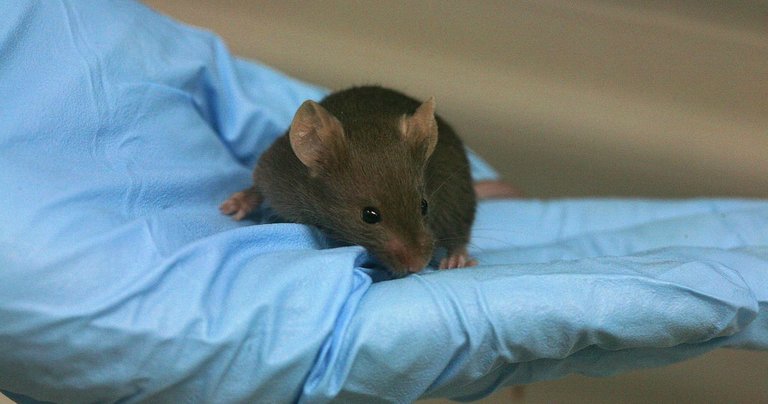Sleep and anesthesia slow brain cleansing

The expanded hypothesis is that sleep helps to clean brain toxins, being this one of the main functions of sleep. However, in a recent mouse experiment, they've shown that when they're asleep, brain cleansing slows down, even if they're anesthetized.
The study was conducted by researchers from the UK Dementia Research Institute and Imperial College London and published in the journal Nature Neuroscience. During the experiment, a fluorescent fluid is injected into the mice in the brain and it is observed that when they slept and anesthetized the fluid was cleaned 30% and 50% slower than when they were awake.
Researchers have highlighted the outcome of the experiment. In fact, people are thought to be the same, and in Alzheimer's, for example, sleep is given a lot of importance. Indeed, there is a relationship between sleeping little and developing Alzheimer's, although it is not yet clear what the cause and the consequences are. According to some experts, insomnia would prevent toxin cleaning, which would increase the risk of Alzheimer’s. However, the current study shows that this explanation is not correct.
However, researchers do not rule out that sleep can affect Alzheimer's and dementia.
Buletina
Bidali zure helbide elektronikoa eta jaso asteroko buletina zure sarrera-ontzian








